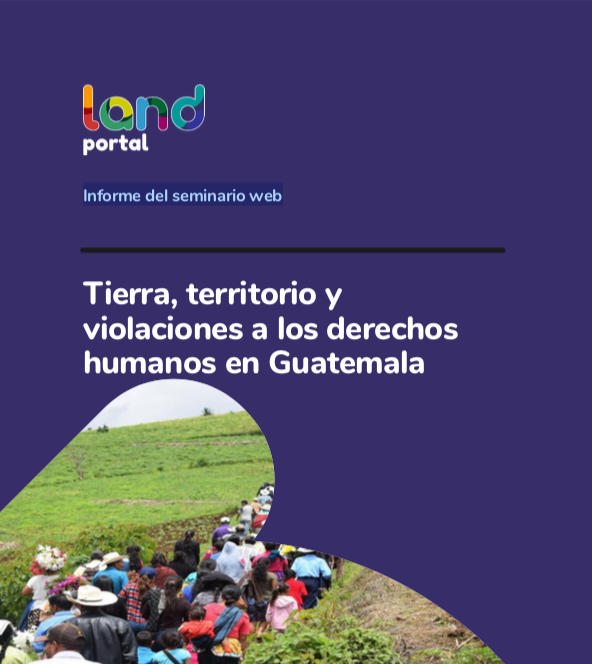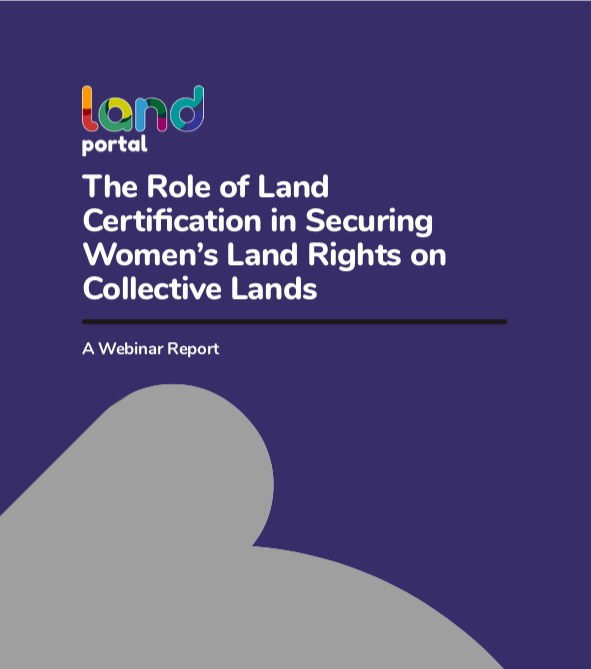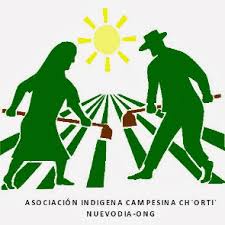
Topics and Regions
Details
Location
Contributions
Displaying 221 - 230 of 406Tierra, territorio y violaciones a los derechos humanos en Guatemala
En 2018, Global Witness encontró que Guatemala experimentó el aumento más alto en el número de asesinatos de defensores de la tierra y el medio ambiente. Sólo el año pasado, el presidente del capítulo de la aldea del Comité de Desarrollo Campesino (CODECA), una organización nacional de movimientos sociales liderada por los indígenas que trabaja por los derechos a la
tierra, fue asesinado, así como cuatro de sus colegas de CODECA. Muchos de estos asesinatos ocurrieron en el
Remembering and paying tribute to Ghanimat Azhdari
Last week, our colleague Ghanimat Azhdari was one of the 176 people who lost their lives in a plane that crashed just outside of Tehran, Iran. While our interaction with Ghanimat was brief, our team had the pleasure and honour of working with Ghanimat at the First Arab Land Conference, which took place in Dubai in February of 2018.
Webinar Report: The Role of Land Certification in Securing Women's Land Rights on Collective Lands
Evidence shows that women can benefit from having individualised land rights formalized in their names. However, similar evidence is not available for formalization of land rights that are based on collective tenure. Studies have estimated that as much as 65 percent of the world’s land is held under customary, collective-tenure systems. Improving tenure security for land held collectively has been shown to improve resource management and to support self-determination of indigenous groups.
An Interview with Professor Howard Stein at the recent Conference on Land Policy in Africa
During the recent Conference on Land Policy in Africa, we had a chance to sit down and speak with Professor Howard Stein of the University of Michigan. Scroll below to read more.
1) Can you tell us a little bit about your research, work and background?
Central Campesina Chortí Nuevo Día
CCCND trabaja junto con las comunidades Ch’orti en la región Nor-oriental de Guatemala. La organización provee apoyo legal y visibilidad a estas comunidades que enfrentan amenazas y violaciones a sus derechos humanos dada la implementación de proyectos hidroeléctricos y mineria en sus territorios. Su trabajo a contribuido en la recuperación de identidad y gobernanza del territorio chòrti, así como en la múltiples propuestas para desarrollo de política pública para el acceso a la tierra y la administración del territorio del pueblo Ch òrti`.
Women and Climate Change: the challenges women face to be considered as key actors
Author: Priti Darooka [1] with contributions by Farida Akhter
I want to thank IWRAW Asia Pacific for organising a two day strategic dialogue on Women Human Rights and Climate Justice. Some of the points shared here are points discussed at this dialogue in Bangkok in November 2019.
I also want to thank contributions by Feminist Land Platform members, especially Farida Akhter of Bangladesh.
Transparency in the Land Sector Needs to Include Youth: Discussions at the Conference on Land Policy in Africa
The session ”Exploring tools and approaches towards responsible youth and gender sensitive land governance and transparency in Africa” took place on November 27th, 2019 in the framework of the Conference on Land Policy in Africa and was organized by the Global Land Tool Network and the International Land Coalition. Land is both a source of livelihood and life line for most communities in Africa and is considered a strategic social and economic resource for communities in rural and urban areas.
Do Certificates of Customary Ownership as Currently Issued and Delivered Translate into More Secure Land Rights for Women and Men Involved: A Case Study of Nwoya Using Data Collected by the Ministry of Lands, Housing, and Urban Development
This blog is a summary of a paper that assesses the effectiveness of a specific land tenure intervention to improve the lives of women, by asking new questions of available project data sets.
Mobilizing Change for Women Within Collective Tenure Regimes
Local communities manage a significant portion of the world’s remaining forests, pastures, and fisheries as common property resources, but they are rarely recognized as formal owners. Important progress has occurred during the last twenty years, as growing evidence suggests that devolving rights to communities can provide incentives for new forms of investment that facilitate sustainable outcomes as well as greater equity in the distribution of benefits.





